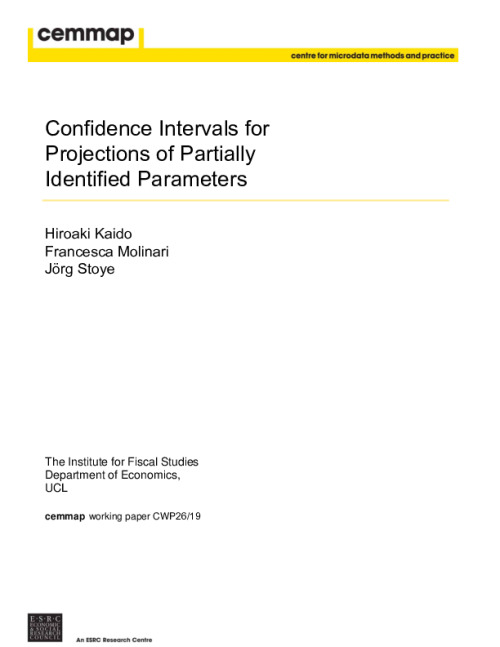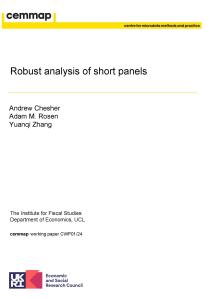We propose a bootstrap-based calibrated projection procedure to build confidence intervals for single components and for smooth functions of a partially identified parameter vector in moment (in)equality models. The method controls asymptotic coverage uniformly over a large class of data generating processes. The extreme points of the calibrated projection confidence interval are obtained by extremizing the value of the function of interest subject to a proper relaxation of studentized sample analogs of the moment (in)equality conditions. The degree of relaxation, or critical level, is calibrated so that the function of θ, not θ itself, is uniformly asymptotically covered with prespecified probability. This calibration is based on repeatedly checking feasibility of linear programming problems, rendering it computationally attractive. Nonetheless, the program defining an extreme point of the confidence interval is generally nonlinear and potentially intricate. We provide an algorithm, based on the response surface method for global optimization, that approximates the solution rapidly and accurately, and we establish its rate of convergence. The algorithm is of independent interest for optimization problems with simple objectives and complicated constraints. An empirical application estimating an entry game illustrates the usefulness of the method. Monte Carlo simulations confirm the accuracy of the solution algorithm, the good statistical as well as computational performance of calibrated projection (including in comparison to other methods), and the algorithm's potential to greatly accelerate computation of other confidence intervals.









